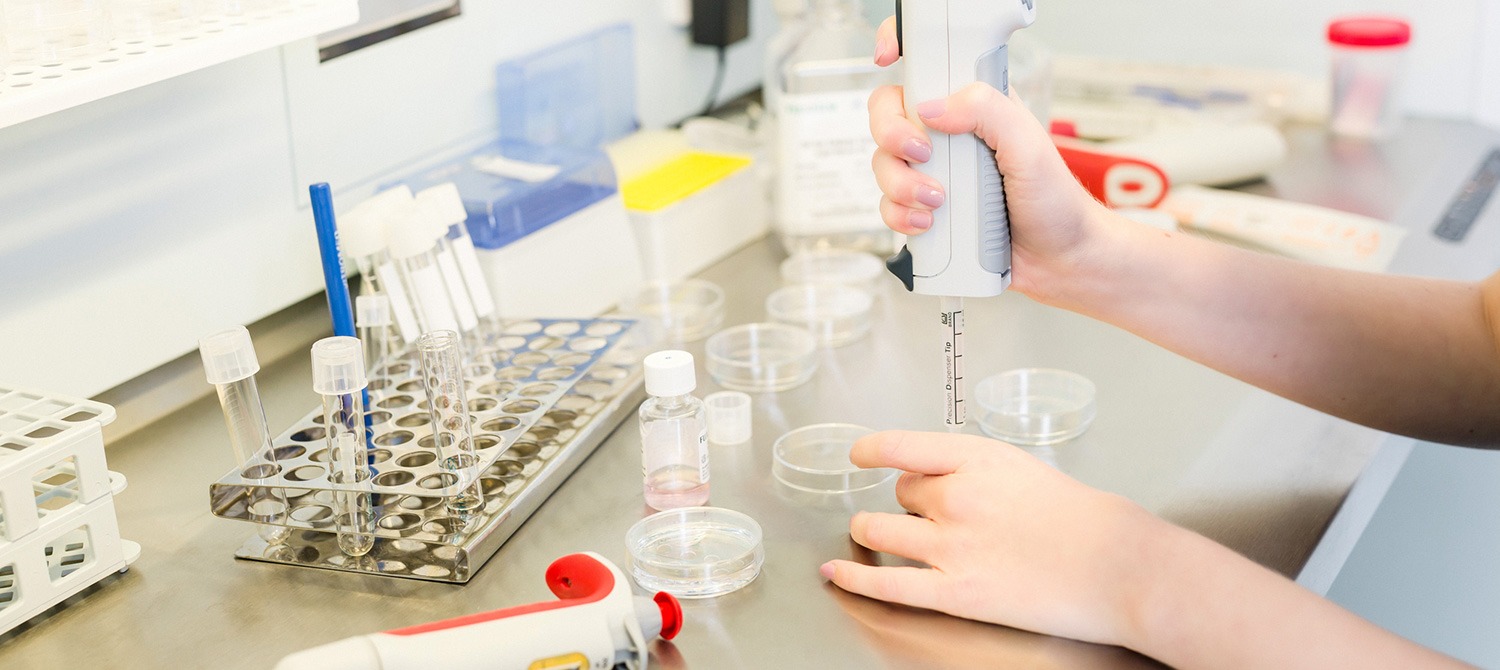SERVICESFOR HER

The basics
Options
Advanced options
Fertility preservation
Intra-Uterine Insemination (IUI)

Intra-uterine insemination (IUI) is a simple and effective assisted reproduction technique that may be performed within the woman’s natural cycle with minimal to no additional pharmaceutical interventions. It involves the direct delivery of specially prepared sperm into the uterine cavity, during the most optimal time window for fertilisation.
Programme prerequisites:
- Absence of tubal factor infertility (normal fallopian tube anatomy, no obstruction or inflammation, see female fertility assessment).
- Normal ejaculation functionality of the partner, or use of a donor’s sperm.
IUI preparation for the woman may involve simple monitoring during a natural cycle, induction of ovulation or mild stimulation, depending on individual baseline factors. Sperm preparation for IUI includes washing, meaning the separation of sperm cells from the seminal fluid. This process eliminates dead or weak sperm cells, bacteria, debris or other impurities and prostaglandins, which may induce uterine contractions. Thus, it leaves only the healthiest sperm cells, while also ensuring optimal conditions for sperm function in the sample.
This programme is recommended for:
- Women and couples with unexplained infertility as a first line treatment.
- Couples with primarily male factor infertility.
- Women with cervical pathology (cervical mucus abnormalities, cervical stenosis etc).
- Same sex couples or single women, with the use of a donor’s sperm.
The programme confers several benefits:
- Use of minimal to no medication.
- Lower cost.
- Easy and painless procedure.
EmbryoClinic is by your side
on every step of your journey
towards parenthood!